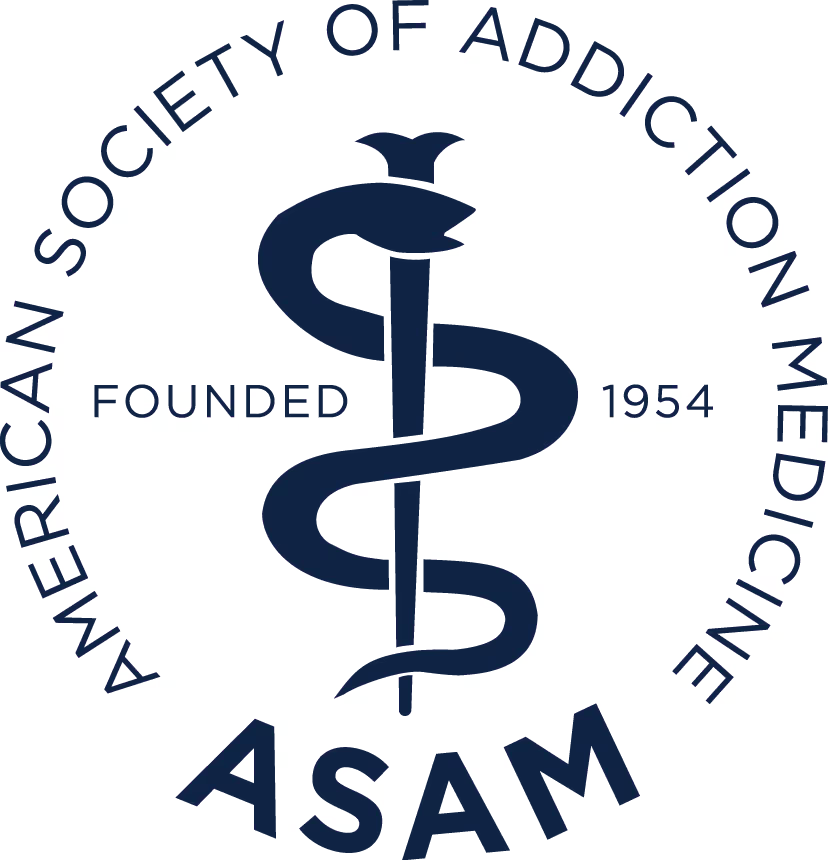When it comes to drug and alcohol detox, myths and misconceptions abound. These misunderstandings can create unnecessary fear, foster dangerous decisions, or prevent people from seeking help altogether. By separating fact from fiction, we can help more people approach detox with confidence, clarity, and realistic expectations.
Here are some of the most common myths about detox and the truths that can make all the difference.
Myth 1: Detox Is Enough to Stay Sober
Truth: Detox is just the first step in the recovery process.
Detox’s primary purpose is to safely remove drugs or alcohol from the body and stabilize a person medically. While this is a critical foundation, detox alone doesn’t address the psychological, emotional, or behavioral factors that drive substance use.
Addiction is a chronic condition influenced by brain chemistry, mental health, past experiences, and environment. Once detox is complete, individuals are still vulnerable to relapse unless they continue treatment through therapy, counseling, and structured aftercare. Comprehensive recovery programs focus on building coping skills, addressing co-occurring disorders, and reshaping daily habits, which are things detox alone cannot do.
Myth 2: You Can Detox at Home Safely
Truth: Unsupervised detox can be dangerous, even deadly.
Some substances, particularly alcohol, benzodiazepines, and certain opioids, can cause severe withdrawal symptoms that require medical intervention. For example, alcohol withdrawal can lead to delirium tremens (DTs), a condition marked by seizures, hallucinations, and dangerous changes in heart rate and blood pressure.
Detoxing at home also increases the risk of dehydration, electrolyte imbalances, and medical emergencies without immediate access to care. Even if symptoms seem mild at first, withdrawal can escalate quickly. Professional detox centers provide:
- 24/7 medical monitoring
- Medications to reduce withdrawal severity and risk
- Nutritional and hydration support
- Immediate response to emergencies
Attempting to detox alone is not a test of strength, it’s an unnecessary gamble with your health.
Myth 3: Detox Takes Months
Truth: Most detox processes are measured in days, not months.
The length of detox varies depending on the substance, duration of use, and individual health factors. For many people, detox lasts between 5 and 10 days, though some may require extended care for particularly severe dependencies.
Shorter timelines do not mean the process is “easy.” The first few days are often the most intense, with withdrawal symptoms peaking before gradually subsiding. After detox, it’s important to transition immediately into ongoing treatment, as cravings and emotional challenges often intensify once the body is physically clear of substances.
Think of detox as a medical sprint that leads into a longer recovery marathon and the first lap may be short, but the race is far from over.
Myth 4: Only Heavy Users Need Detox
Truth: Physical dependence, not quantity alone, determines the need for detox.
Many people assume that detox is only for those who use large amounts of drugs or alcohol daily. In reality, anyone who has developed a physical dependence, meaning their body has adapted to the substance, can experience withdrawal symptoms when they stop using.
Even moderate but consistent use can trigger dangerous withdrawal. For example:
- A person who drinks wine every night for several years may experience tremors or anxiety when they stop.
- Someone who takes prescription painkillers regularly, even at recommended doses, can develop dependence and require supervised withdrawal.
The safest way to determine if detox is necessary is through a professional assessment.
Myth 5: Detox Is Always Painful
Truth: Modern medical detox greatly reduces discomfort.
While withdrawal symptoms can be unpleasant, advances in medical care mean detox does not have to be an excruciating experience. In a supervised setting, clinicians can provide medications to ease symptoms such as nausea, muscle aches, insomnia, and anxiety.
Supportive care like hydration, nutrition, and rest also makes a significant difference. Many clients are surprised at how manageable detox can be when it’s conducted in a structured, compassionate environment.
Why Busting These Myths Matters
Believing detox myths can prevent people from getting lifesaving help or lead them to make unsafe choices. Understanding the truth empowers individuals and families to:
- Seek professional care without hesitation
- Set realistic expectations for the detox process
- Recognize the importance of ongoing treatment after detox
The Bottom Line
Detox is not a cure for addiction, but it is a critical first step. It should be done under professional supervision to ensure safety, manage symptoms, and prepare for the deeper work of recovery.
If you or someone you love is considering detox, know that the safest and most effective path forward is a medically supervised program—whether in a hospital, specialized detox center, or luxury treatment facility. A Los Angeles-based luxury drug and alcohol detox can provide not only medical safety but also comfort and privacy, helping you start recovery with confidence and dignity.
Learn more Regal Treatment today by contacting us online at support@regaltreatment.com or fill out our Contact Us form at www.regaltreatment.com/contact. Your privacy is important and we ensure 100% confidentiality with everyone we speak with.
.png)
.png)
.png)
.png)
.png)
.png)
.avif)


